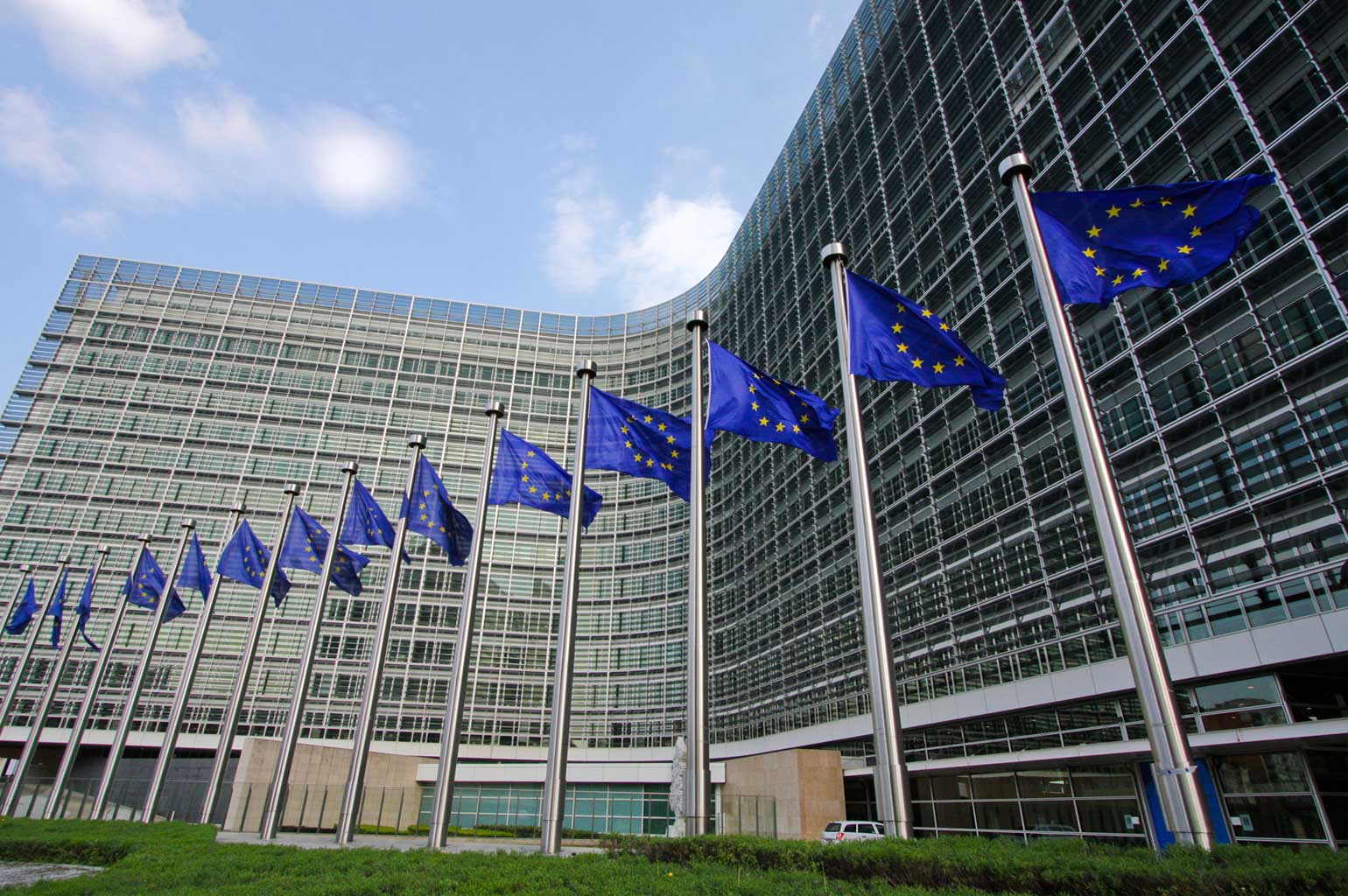
The European Commission has prepared an additional EU contribution of €414 million to address both the immediate and longer term needs of people affected by agricultural crises.
European Commissioner for International Cooperation and Development, Neven Mimica is today opening a High Level Event in Brussels on "Innovative Ways for Sustainable Nutrition, Food Security and Inclusive Agricultural Growth", where he will propose €414 million of new money to support those countries most affected by the current food security crisis caused by El Niño and other factors.
This funding comes on top of the €125 million already mobilised in December 2015, bringing the EU's total contribution to €539 million.
European Commissioner for Humanitarian Aid and Crisis Management, Christos Stylianides stated: "El Niño is having devastating consequences around the globe with 41 million people struggling to meet their food needs.
"The EU is taking action and this new support will allow us to step up our efforts and continue our support for the most vulnerable."
Commissioner Mimica said: "This proposed new funding aims at combining short-term lifesaving support with strengthening long-term resilience to food crises by addressing the root causes of fragility and vulnerability.
"We can build on the past successes gained under our existing resilience initiatives to step up our efforts and provide a global response to this food security crisis which is currently affecting so many across the world".
The mobilisation of this package requires further Commission proposals and approval by EU Member States.
What is El Niño?
This extreme phenomenon is characterised by rising temperatures of surface sea water, which interact with the atmosphere and cause different extreme events, from floods to droughts.
While El Niño has global effects, it is particularly affecting large regions of Africa with both floods and droughts.
This strongly impacts food security, health, and access to water and hygiene conditions of millions of people living in already vulnerable regions.
41 million people - out of the 80 million suffering from food crisis this year – are living in El Niño-affected regions (Latin America and Caribbean, Southern, Central and Eastern Africa, as well as few Asian and Pacific countries).
